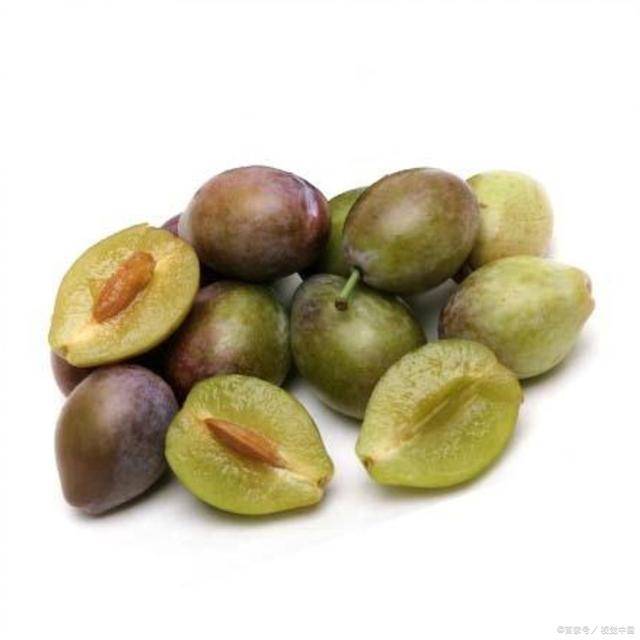Plums, a common fruit in summer, have won the affection of many consumers for their sweet taste and rich nutrition. However, opinions on the effects of frequently eating plums on the liver vary. Some believe that plums can nurture the liver, while others think that excessive consumption may harm it. So, is eating plums regularly good or bad for the liver? This article will delve into this question.
First, we need to understand the nutritional value and components of plums. Plums are rich in antioxidants such as vitamin C, vitamin E, and β-carotene, which help eliminate free radicals in the body, reduce oxidative stress in the liver, and thereby protect the liver from damage. Moreover, plums contain various minerals and trace elements like potassium, calcium, magnesium, and iron, which are crucial for maintaining the normal physiological functions of the liver.
From the perspective of Traditional Chinese Medicine, plums have the effects of generating body fluids and quenching thirst, clearing heat and detoxifying, and soothing the liver and regulating qi. In the theory of Traditional Chinese Medicine, the liver is responsible for the smooth flow and dislikes stagnation. Plums can help alleviate symptoms such as chest tightness and rib pain caused by liver qi stagnation. Therefore, consuming plums in moderation is beneficial for regulating liver function and relieving liver pressure.
However, everything has its two sides, and plums are no exception. Although plums have a protective effect on the liver, excessive consumption may also lead to some negative impacts. First, plums contain high levels of fruit acids, and excessive intake may irritate the gastrointestinal mucosa, leading to excessive gastric acid secretion, which places an added burden on the liver. Additionally, plums contain certain organic acids, such as citric acid, which may produce acidic substances during metabolism, affecting the acid-base balance of the liver. Finally, if the plums consumed contain pesticide residues, long-term intake may damage the liver.
Furthermore, individual differences in constitution can also affect the effect of plums on the liver. For individuals with weak constitutions or those who are cold and weak in the spleen and stomach, excessive consumption of plums may lead to symptoms like diarrhea and abdominal pain, thus affecting liver health. Therefore, when eating plums, it is essential to consume them in moderation according to one’s physical condition to avoid excessive intake.
So, how should one properly consume plums to maintain liver health? First, control the quantity consumed. Although plums are nutritious, excessive consumption may lead to discomfort. Generally speaking, eating 2-3 plums a day can meet the body’s nutritional needs. Second, pay attention to choosing fresh plums. Fresh plums are more nutritious and taste better. When purchasing, look for plums with smooth skin, vibrant color, and free from insect damage and mold. Lastly, avoid eating plums that contain pesticide residues. When buying, choose organically grown or tested plums to ensure food safety.
In addition to consuming plums in moderation, maintaining a healthy lifestyle is also crucial for liver health. For example, getting sufficient sleep, avoiding excessive fatigue, quitting smoking and limiting alcohol, and maintaining a balanced diet all contribute to the liver’s normal function. Additionally, regular health check-ups to detect and treat liver diseases in a timely manner are important measures to prevent liver problems.
In conclusion, the impact of regularly eating plums on the liver is not an absolute good or bad but depends on various factors such as intake quantity, individual constitution, and lifestyle. Moderately consuming plums can provide nutritional support for the liver and help maintain liver health; however, excessive consumption or improper consumption may have negative effects. Therefore, while enjoying the deliciousness of plums, we also need to pay attention to our physical condition, reasonably coordinate our diet and lifestyle, and maintain liver health.
Finally, it is essential to emphasize that any discussion regarding the effects of food on the liver should be based on scientific evidence. When faced with various statements about food and health, we should maintain a rational attitude and make judgments and choices considering our actual situation. Additionally, paying attention to liver health should not be limited to food choices; it should also include lifestyle adjustments and overall health maintenance. Only in this way can we truly achieve liver health and longevity.


